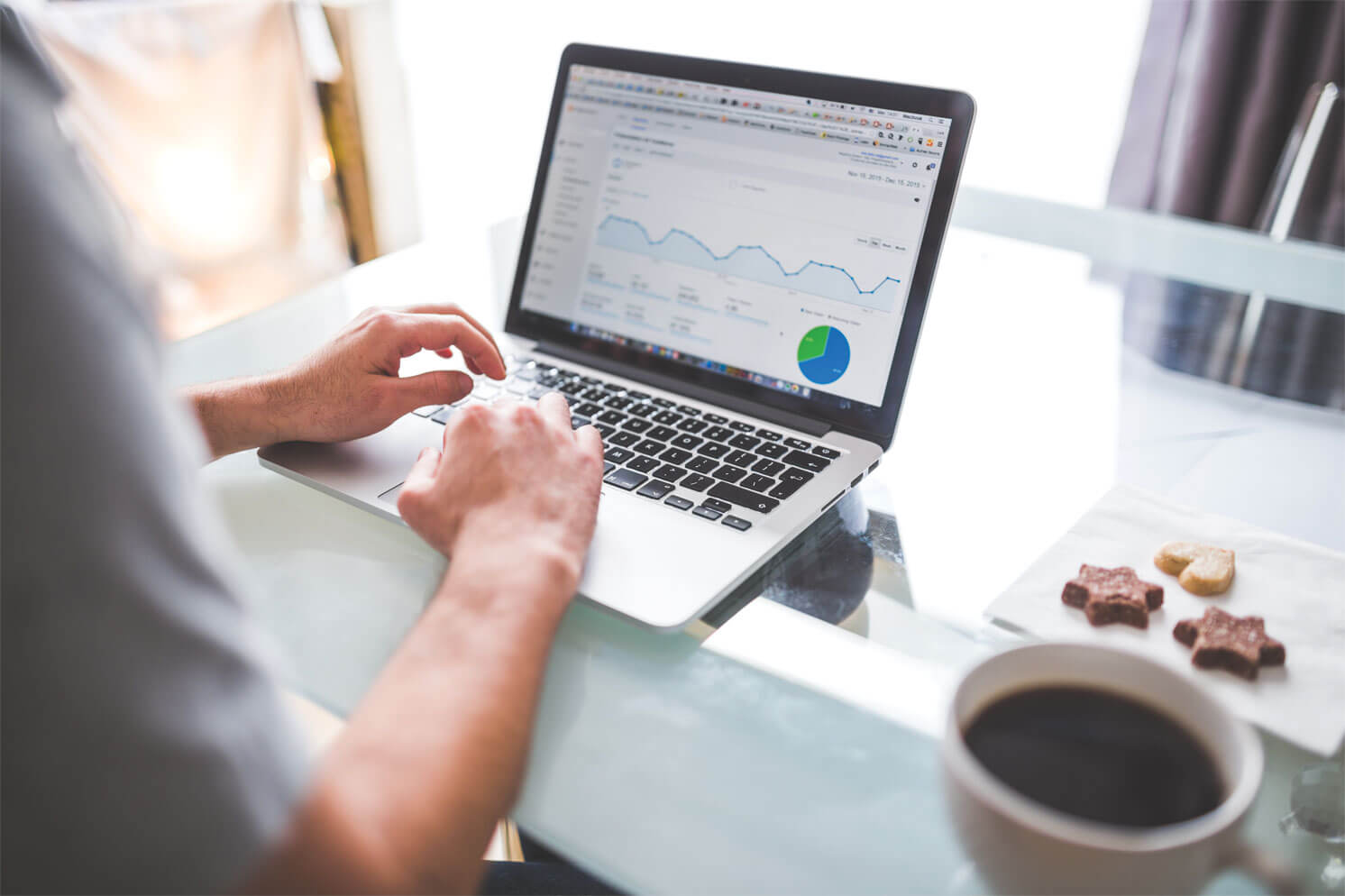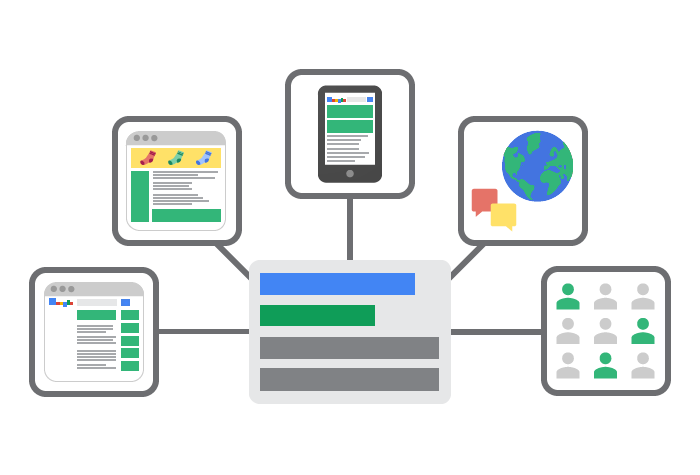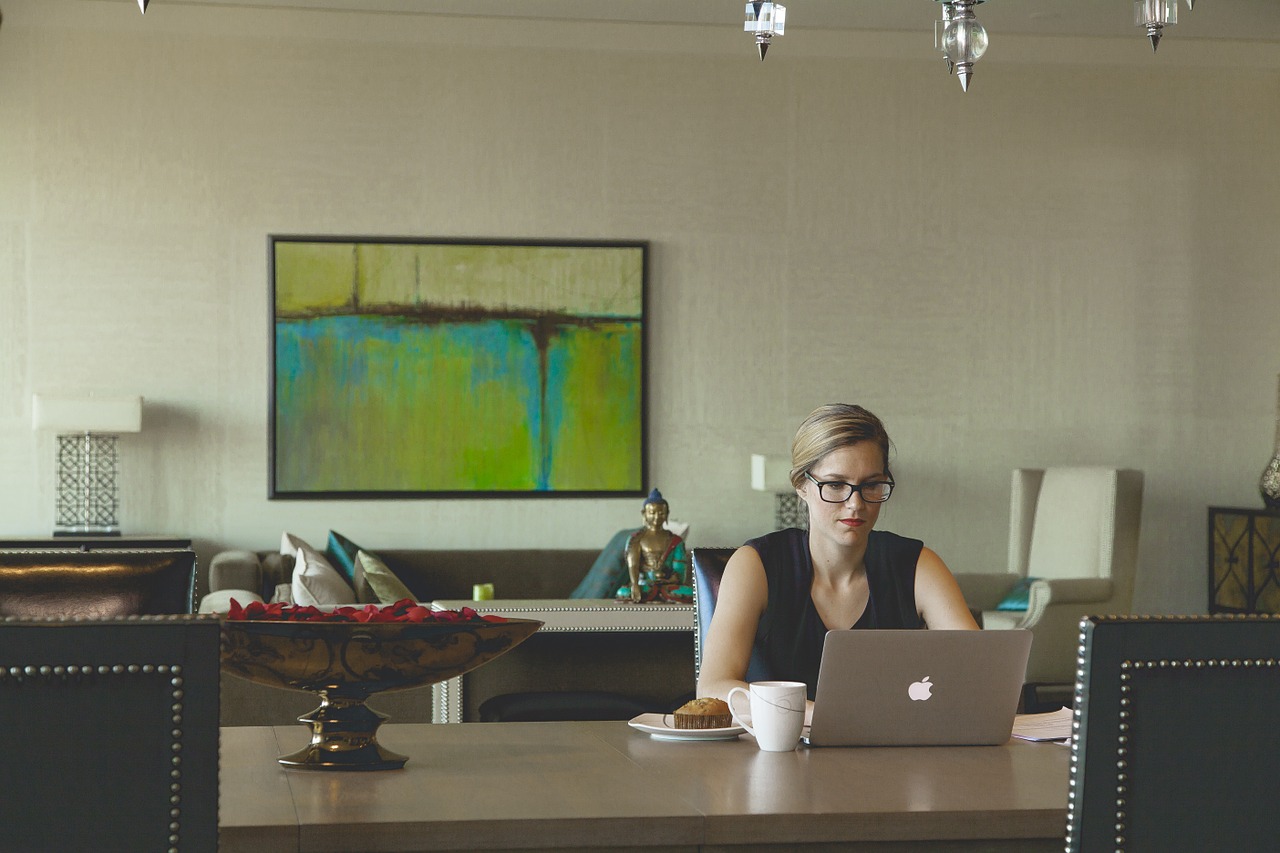There are two kinds of intellectual property. The first includes inventions and other forms of industrial property on which people apply for patents. The second encompasses literary and artistic works on which people place a copyright, denoted by the © symbol. This could also include media and digital works, like programs on your computer.
If you are the only person who uses your computer and you never plan to log on to the internet, then you might not have a lot to worry about when it comes to hackers. But the fact that you are online reading this article right now means that you are at risk for being hacked. With the new ways that hackers are trying to steal passwords, financial information, and intellectual property it is more realistic to say everyone online is at risk!
The Fight against Malware and Hackers
Richard Power, who is recognized around the globe as an authority on computer crimes such as industrial espionage and information security once explained, “In the old days, people robbed stagecoaches and knocked of armored trucks. Now they’re knocking off servers.” And anyone faced with the task of recovering from a malware attack on their company’s server can confirm that it’s a scary process.
When hackers use malware to attack servers, then everyone hosting a site is at risk of their information being compromised. One new trick used by hackers is to use WordPress blogs to distribute fake Flash Player updates. And before that, they focused on using social networking to distribute the malware. (www.securelist.com) But with cyber criminals lurking in every corner of the World Wide Web, how can you prevent your website from being hacked?
Keeping Your Information Secure
It starts with how your information is being published on the web. Make sure that the web hosting company you use takes precautions to keep your information secure. A reputable web hosting service, even an inexpensive one, listens to the demands of its customers and takes the risk of being hacked seriously. But here are some things you can do as well.
- Use a Good Password – A good password will contain a healthy mix of both letters and numbers. It is an added plus if you also combine upper and lowercase letters. Avoid using things that are easy to guess like names of your pets or family members, your name, or your birthdate.
- Secure Your Screen Saver –Simultaneously pressing down on the “Windows” and “L” keys will lock your computer screen. Make sure you enable the password feature to unlock it. This is especially helpful if you use some kind of a laptop computer at various locations like coffee houses, public libraries, or airline waiting areas.
- Use an Antivirus Program – Even if you never leave the comfort of your living room sofa with your laptop, if you are online you are at risk for getting a virus. Antivirus software should at the very least run scans on a regular basis and update to stay current with the latest virus information.
- Use a Firewall – This will protect your computer from potential attacks from hackers and malware programs. You can configure them to prevent certain types of traffic from reaching your computer’s hard drive. Never turn off your firewall, because that’s like inviting hackers to poke around in your personal information via your computer.
- Delete Questionable Emails – Even if you mistakenly open one of these questionable emails, do not open any attachments. Most of these attachments contain some kind of malware-related code that can destroy your computer. This also applies to files attached to questionable messages on IM programs, social networking sites, or other webpages.
- Update Browser Software – Web browsers like Internet Explorer, Google Chrome, and Mozilla Firefox are always looking for new ways to combat the latest malware programs. Keeping your browser software updated is an easy way to protect against any kind of malware that might slip through your antivirus software programs.
- Update Your Operating System – As with your browser, updating your operating system will also help protect against malware. When you get the popup notice asking if you’d like to update Windows now or postpone it until later, it may be tempting to keep postponing. However the sooner you update your system the more protected your computer is from the threat of malware.
Selecting a Web Site Hosting Service
The best way to choose a web site hosting company is to first eliminate ones you know you don’t want to use. These would be companies that lack testimonials or other forms of positive feedback. While it might seem logical to choose an expensive hosting company, there are plenty of inexpensive web site hosting services that offer equal or better protection.
Next face the needs of your company. For example, how many people will be working on your website? Will you need someone to manage the server? And what is the purpose of your site? Once you answer these and take into account your budget, it will be a lot easier to select a service to take care of your company’s web site hosting needs.
When freelance writer Melissa Cameron reads sites like http://internetbusinessbts.com, it makes her feel good about her decision to work from home. Not only does she get to spend more time with her husband Dave and their two children, but the time she would spend commuting is now spent on hobbies like meditative yoga and knitting. Whenever their schedule allows, Melissa and her husband love taking family vacations. They hope to someday visit Disneyland.




